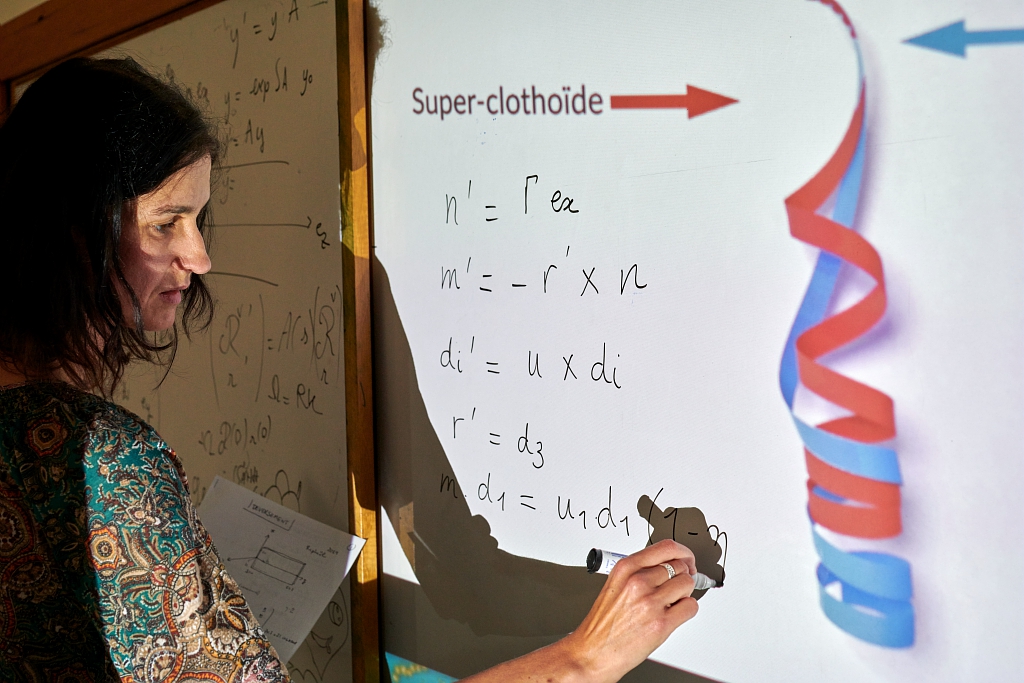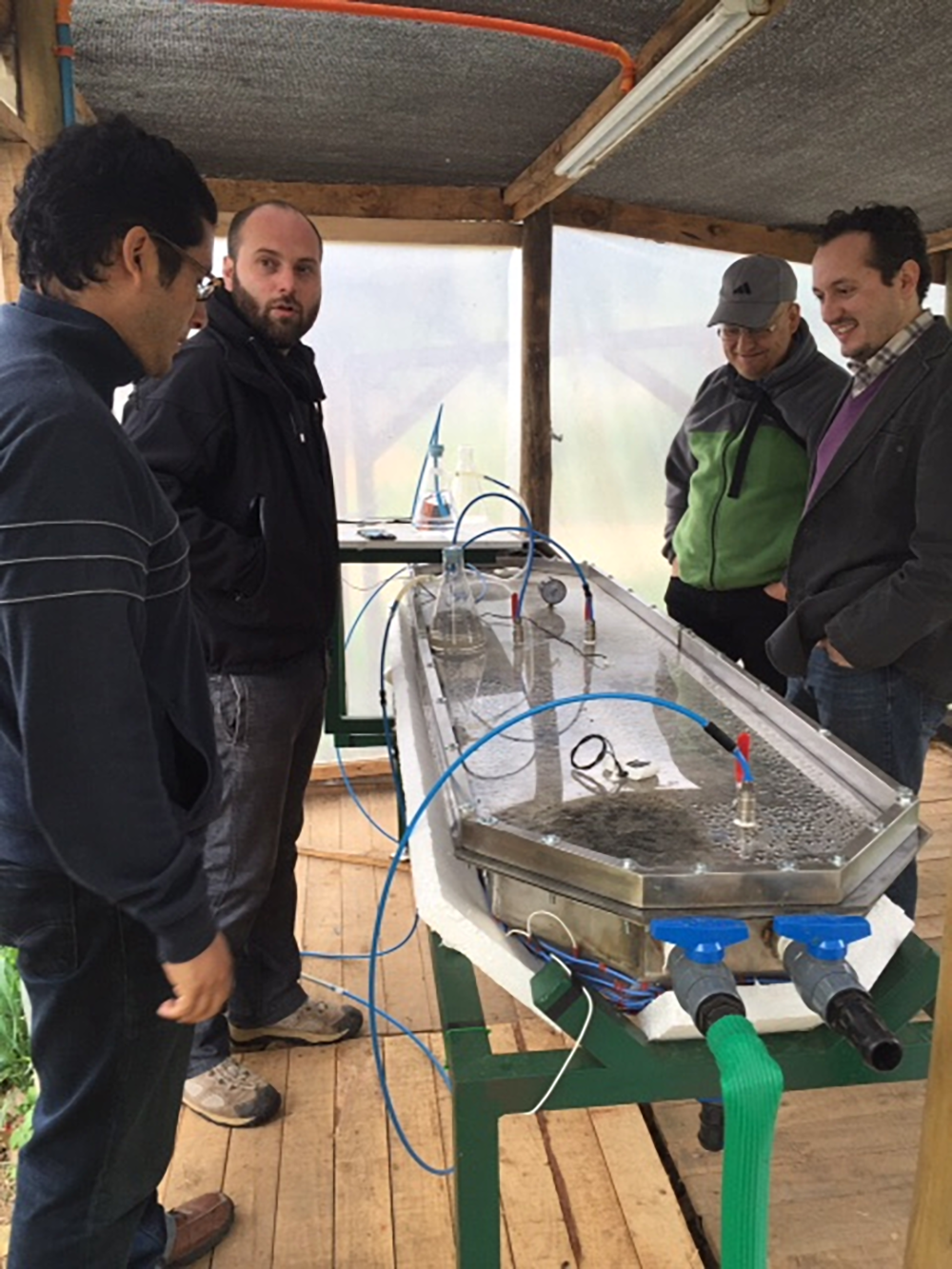Mathematical modeling and simulation are not the only ways to better understand the complexity of the world, but they also provide us with fantastically efficient predictive tools.

Numerical simulations are useful to provide information about phenomena that cannot be simulated in laboratory experiments. While digital models are increasingly used to assist in decision-making, scientists in all disciplines also rely on them to understand the evolution of complex phenomena, in particular by relying on data.
The virtuous circle [modeling - simulation/prediction - optimization - control] is based on the models of the phenomenon under study. Models for real-world systems have been gradually refined, taking into account more diverse variables and more interactions or dependencies between different components or subsystems.
Analogously, artificial systems are becoming increasingly complex, involving a growing number of elements, for example, sensor networks, the Web and the Internet of Things, and electricity grids.
Featured Projects
Odor Tracking
Development of a web interface that allows the execution of a mathematical model for the dispersion of odor emissions from a meat processing plant.

Procycla
Support for the implementation of a mechanical model of the anaerobic digestion process and development of a web application.
